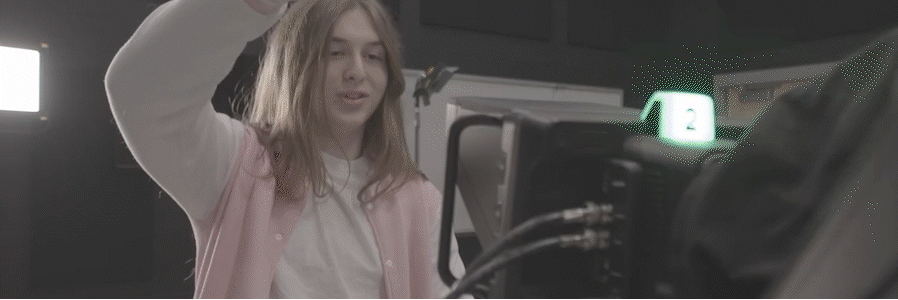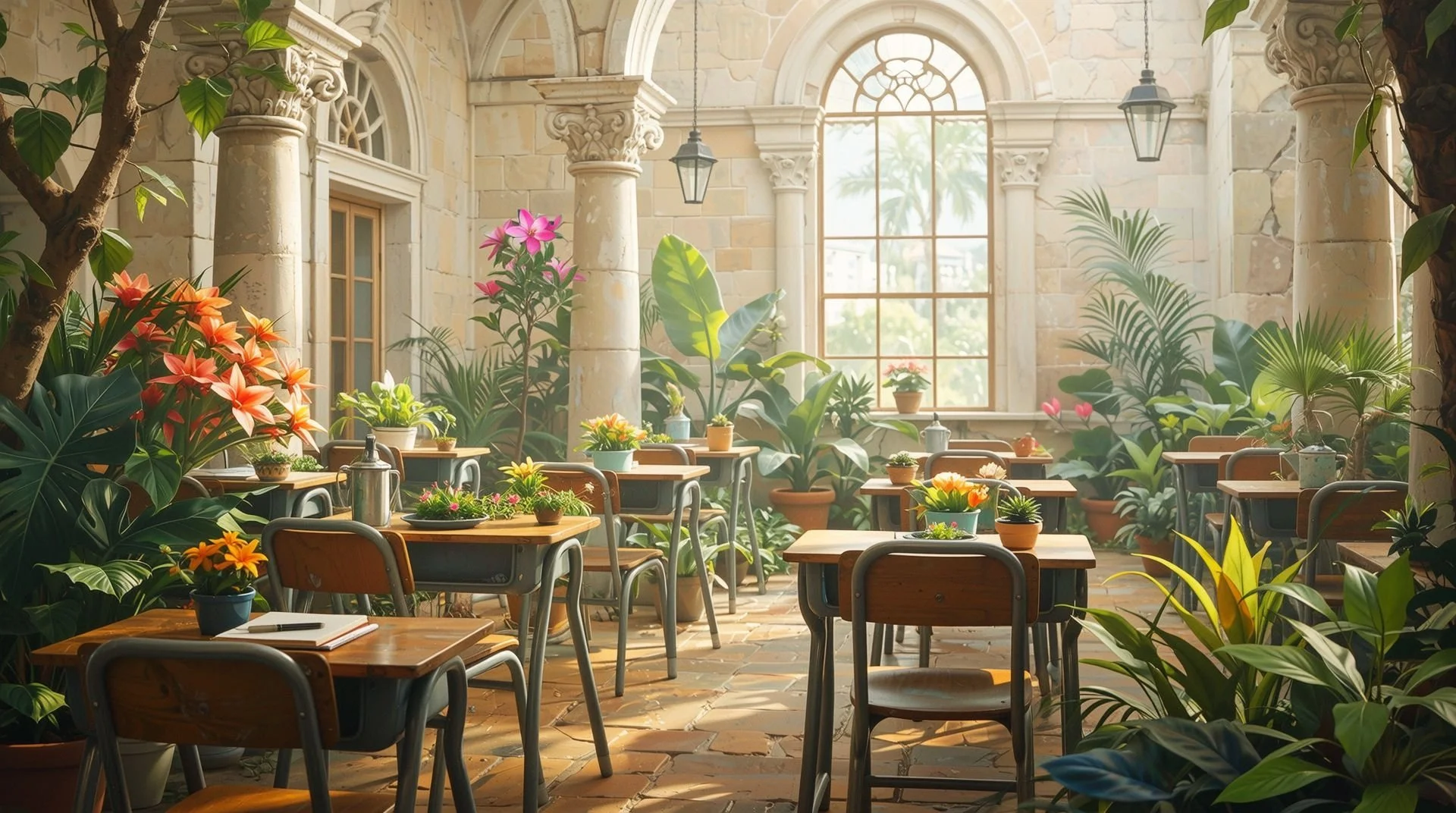5 things to consider This Summer
Summer for a teacher is something that should be cherished. You’ve certainly earned it. Even if you are the worst teacher in the world, you have done something that millions of other people are scared to even try. Congrats and enjoy.
As you head into summer, I have 5 things that I think you should do to make your 24-25 school year the best ever.
1. Invest In Yourself
Take time this summer to invest in yourself. If that investment looks like a week-long cruise - take it (guilt free). If that investment looks like doing nothing for a month, do nothing. If there is something that you want to learn, learn it. Take the time to invest in yourself because for the last 9 months, everyone has been taking withdrawals.
2. Reward Yourself
You did a great thing during the school year. Take the time to reflect and reward yourself for that work. Make a list of the things you and your students accomplished. This was always one of the most rewarding things for me. I would scroll through my youtube channel and see the videos, revel at the growth of the students, and remember the laughs that we had (If you aren’t laughing with your students regularly, you are taking your job too seriously!). I always made a list with the number of broadcasts, social media growth, and any other measurable that I could find that I thought would get me through a bad day the next school year.
3. Protect Yourself
This is the only thing that I will tell you to do that is work during the summer but I think it is essential. Take time to review your pacing guide and projects. Then take the time to rework your rubrics for next year. Every spring, I get an email or phone call from a teacher asking how I would handle a situation. That situation is always related to grading a project and a group that didn’t submit a video.
When it comes to creating a rubric, there are several things that I always did to make sure I included in order to protect myself:
Rubrics should cover every phase of production. From ideation to submission, there should be measures. I always built my rubrics so there was almost a double jeopardy element to the scoring. I had check points for the students and they had to hit each of those in order to get the full grade. For example, the script would be due a week before the final product. I would score that section of the rubric and that would be a grade in the gradebook. Then once the final product was submitted, that script grade was a part of the final grade as well. I thought this always reinforced the idea that every step of the process is important and showed the relationship of good pre-production leading to easy post production.
The first line for each check point on a rubric should be “on-time” and the verbiage should be “The student submitted their (insert element) on-time and complete.” There is no grey here. They either get the full points, 1 point (submitted late/incomplete), or 0 points for not submitted.
When you create the rubric, make the elements measurable. Time, elements, etc are essential to prevent the “The Teacher Don’t Like Me” argument. There should also be a “subjective” element for the final product to prevent the students that will only create their product to the rubric instead of creating a great product that meets the requirements of the rubric.
Write your rubric the way students read. The first column should be the category. The second column should be the highest score requirements and the rest of the rubric should work to the right with the points going lower - all the way to 0 because 0s are real. No work. No score. (If you have a school that requires that you always GIVE a certain score, put that score in the gradebook but the 0 is for the rubric)
4. Replace Yourself
This is the only thing that I will tell you to do that is work during the summer but I think it is essential. Take time to review your pacing guide and projects. Then take the timThis was something that I never thought of until I started working with my current church. The idea is that you focus on a person and train them so well that if you aren’t there, the program can continue. It’s obviously hard to do with first year students but if you have upper level students, you should know them well enough to know who is a leader and more importantly who is a leader but they don’t know they are a leader. Think on that this summer and find a way to make that happen.
5. Enjoy Yourself
Find something you enjoy and find a way to bring that into the classroom next year. I was lucky in that I love sports and news production so I was able to do that easily. Find your thing and bring it to work. That will help you tremendously. Each day you get to do what you enjoy and share that love with your students.
Again, congratulations are in order for you. You made it through another year. Now take the time to invest in yourself and make 2024-2025 your best year ever. Please take time to enjoy your summer and recharge your batteries for the next school year. This summer should be all about you. Take the time to recharge your batteries but also take the time to prepare for a better school year.
Meet the Author, Tom White
Tom White is the Education and House of Worship Specialist at Amitrace. Tom's role is to help educators build better programs through better training, planning, and equipment. Before joining Amitrace, Tom was the Broadcast Engineer at Grady College of Journalism and Communication at the University of Georgia. Prior to that role, Tom taught at Morgan County High School and Rockdale Career Academy where he and his student produced thousands of live streams for sports, news, and community events. Tom’s program at the Rockdale Career Academy received the NFHS Network Program Of The Year in 2016 and his program at Morgan County High School received the New Program of the Year title in 2018. Tom has been a long time contributor to many publications and is the host of Teaching to The Test Pattern Podcast.












As summer winds down, the familiar rhythm of a new school year approaches. For educators like James Peach, the weeks leading up to students' return aren't just about shuffling papers; they're a strategic dance of preparation, aiming to ignite inspiration and cultivate self-sufficiency.